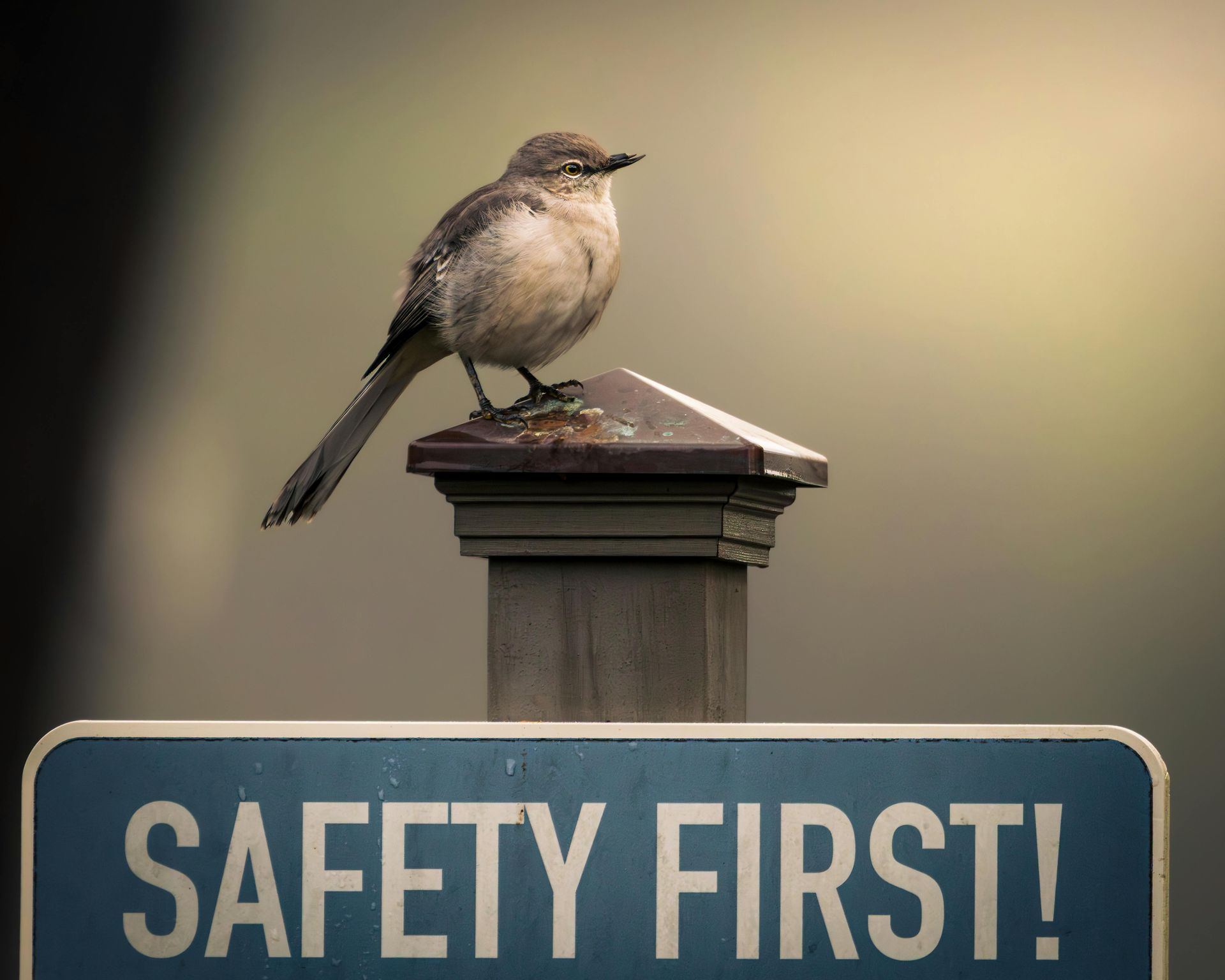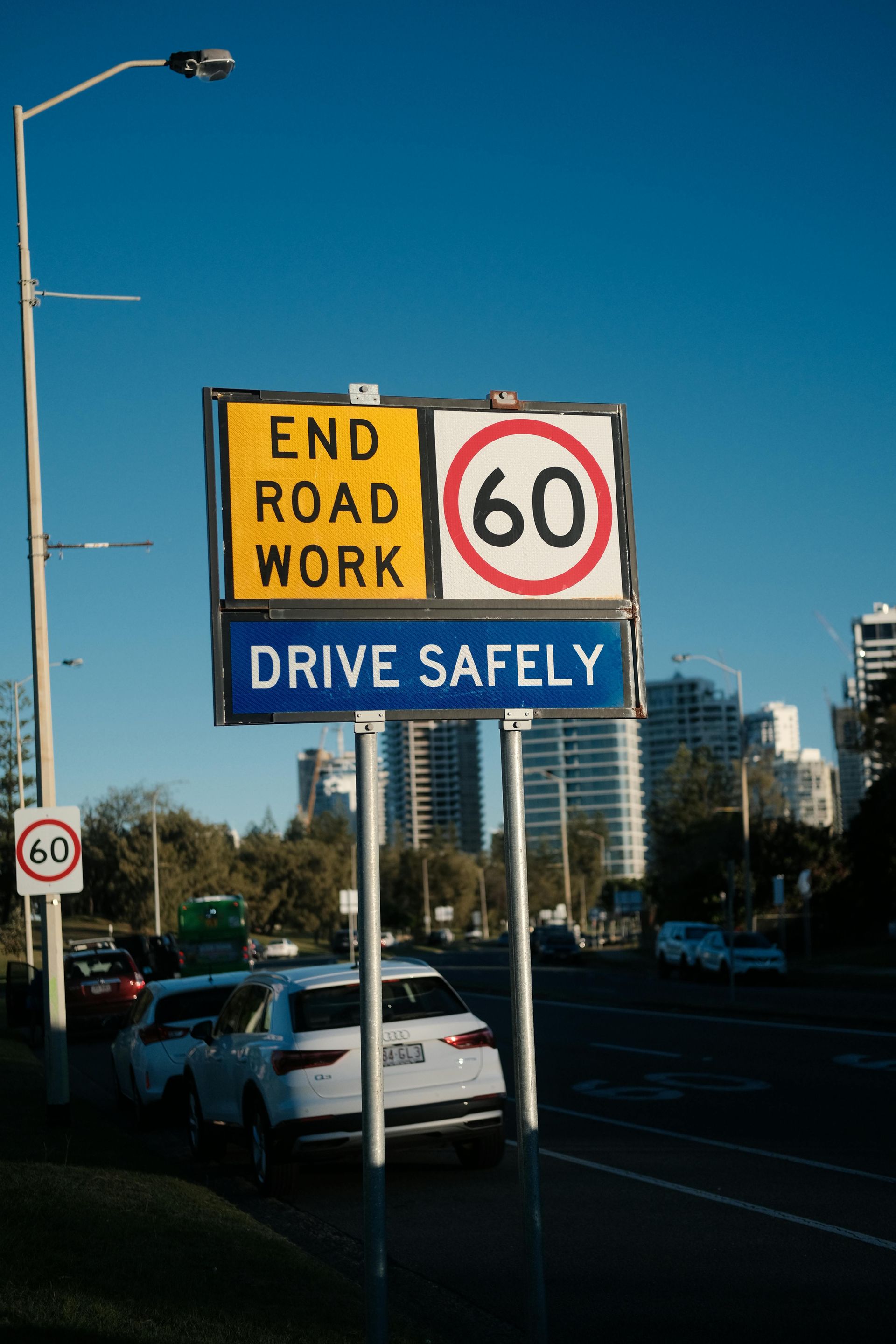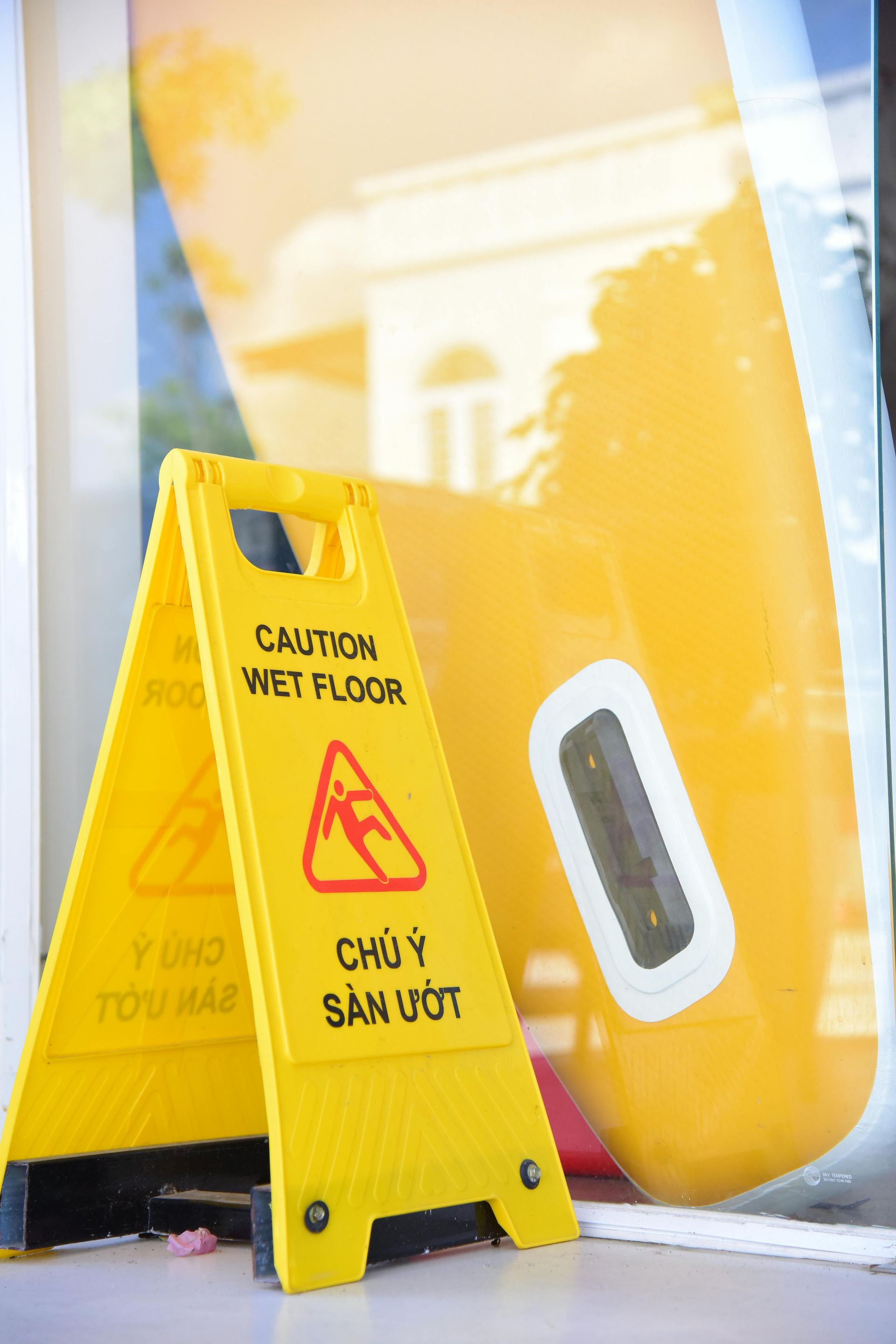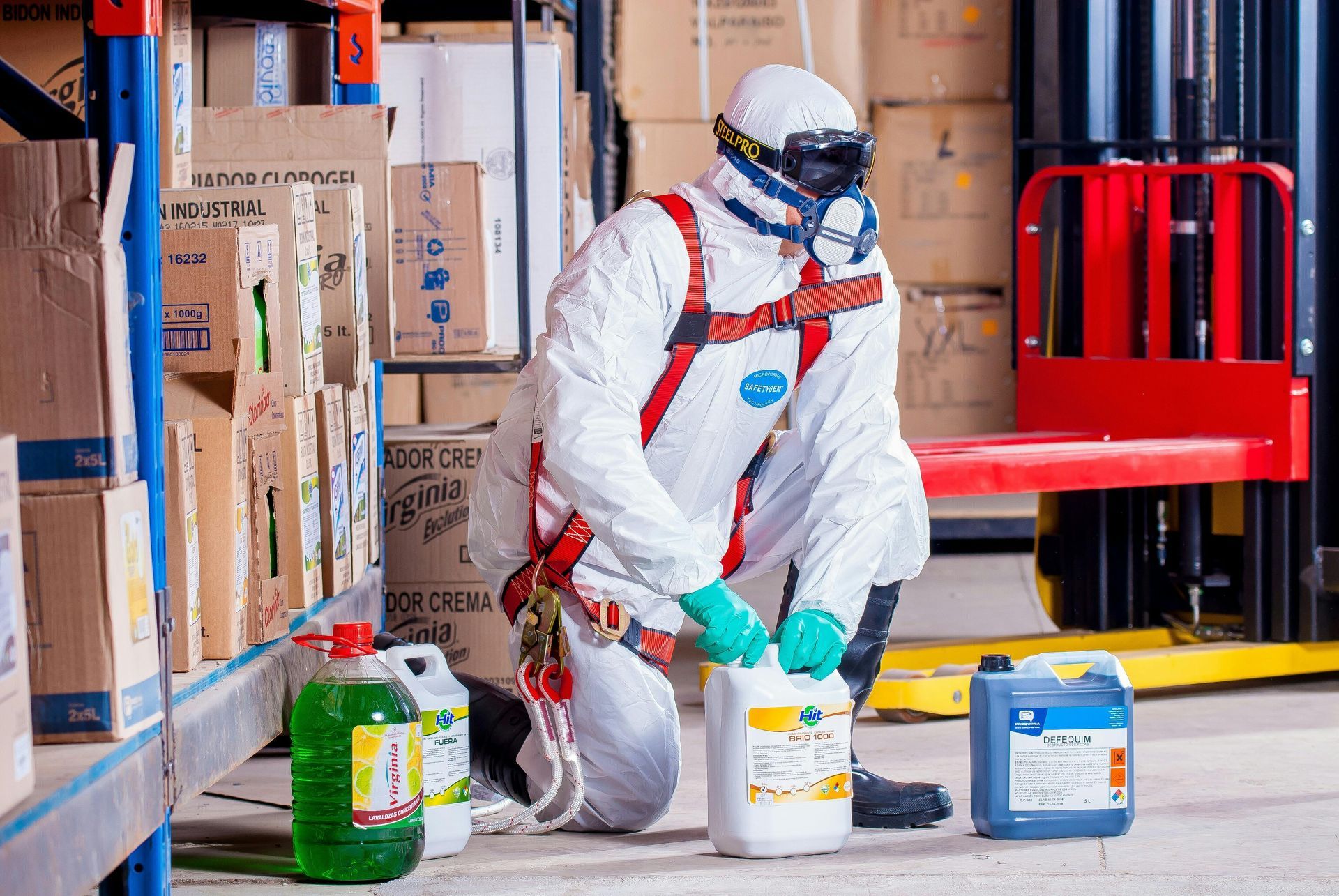Adams & Associates - Learn with Us
Hawaii Work Comp Law: What Employers Need to Know
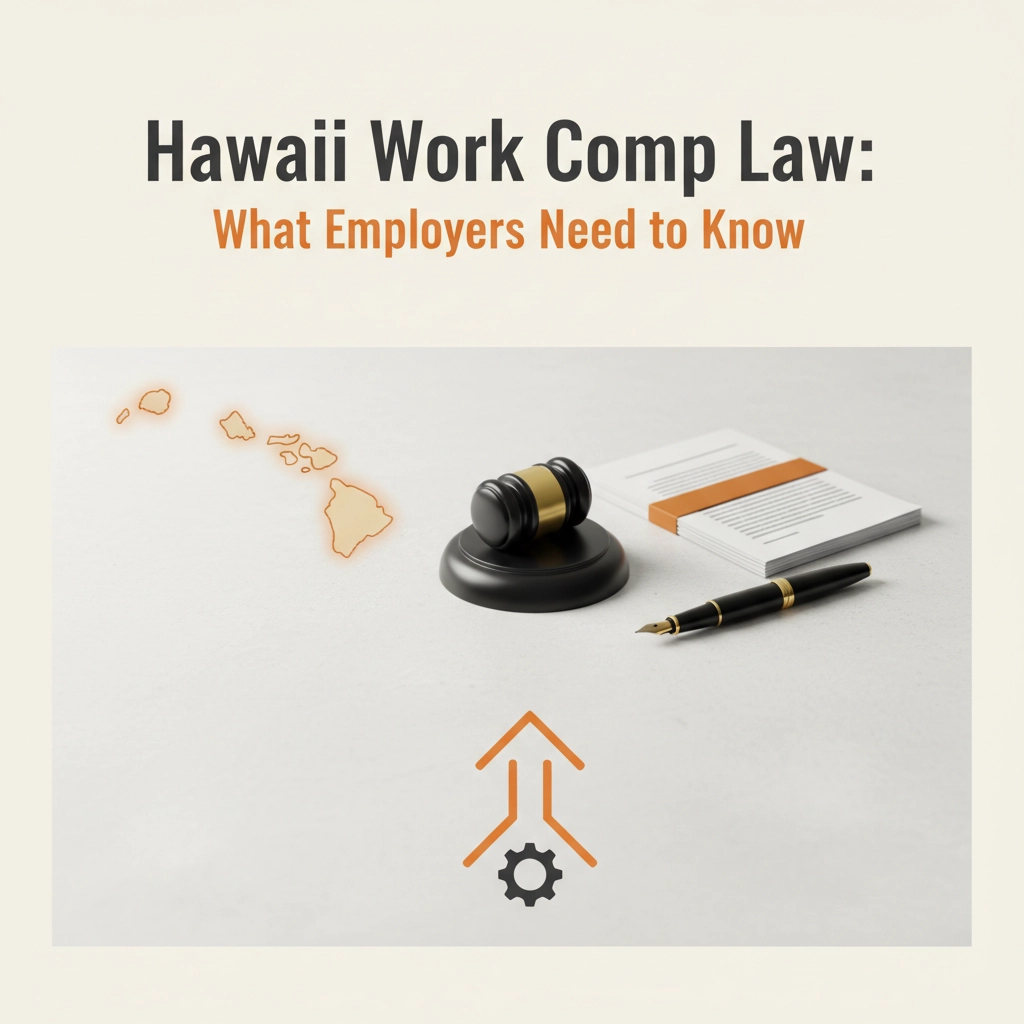
Running a business in Hawaii means navigating unique challenges, from tourism fluctuations to shipping costs. But there's one requirement that catches many new business owners off guard: workers' compensation insurance. Don't worry: we'll break down everything you need to know about Hawaii's work comp laws in plain English.
What Is Workers' Compensation?
Think of workers' compensation as a safety net for everyone. It's a no-fault insurance system that protects both you and your employees when workplace injuries happen. Your employee gets medical care and wage replacement, and you get protection from lawsuits. It's been around since 1915, so it's tried and tested.
Here's the key part: no-fault means it doesn't matter who caused the accident. Whether your employee slipped on a wet floor they didn't notice or got hurt using equipment incorrectly, the system covers them. In return, they generally can't sue you for the injury.
Do You Need Workers' Comp Insurance?
The short answer? If you have even one employee, you need coverage. Hawaii doesn't mess around with this rule.
This includes:
• Full-time employees
• Part-time employees
• Temporary workers
• Seasonal help
It doesn't matter if someone works just five hours a week or if they're your cousin helping out during busy season. One employee means you need insurance.

Who's Exempt from Coverage?
Not everyone needs to be covered under your workers' comp policy. Here are the main exemptions:
Business Owners:
• Sole proprietors (that's just you)
• Business partners
• LLC members who own 50% or more of the company
• Corporate officers who own 50% or more of the company
Other Exempt Workers:
• Unpaid volunteers for religious, charitable, or nonprofit organizations
• Students working for their school in exchange for room, board, or tuition
• Ministers, priests, and rabbis
• Domestic workers earning less than $225 per quarter
• Real estate agents paid only on commission
Important note: Even if you're exempt as a business owner, you can choose to include yourself in the coverage. Many owners do this for extra protection.
What Does Workers' Comp Cover?
Your workers' comp insurance handles three main things when an employee gets hurt on the job:
Medical Expenses:
All necessary medical treatment related to the injury. This starts immediately: no waiting period for medical care.
Lost Wages:
If your employee can't work due to their injury, they'll receive a portion of their regular pay. For most injuries, there's a seven-day waiting period before these payments start.
Death Benefits:
If the worst happens, the insurance provides benefits to the employee's family.
The system covers injuries and illnesses that happen because of work or working conditions. This includes obvious things like falls and cuts, but also repetitive stress injuries and work-related illnesses that develop over time.
How to Get Coverage
You have two main options for getting workers' comp coverage in Hawaii:
Option 1: Buy Insurance from a Licensed Carrier
This is what most businesses do. You work with an insurance company that's licensed to sell workers' comp in Hawaii. They handle the claims, payments, and paperwork.
Option 2: Self-Insurance
Large companies with substantial payrolls can apply to become self-insurers. This means you handle claims directly instead of paying premiums to an insurance company. You'll need to meet strict financial requirements and get state approval.
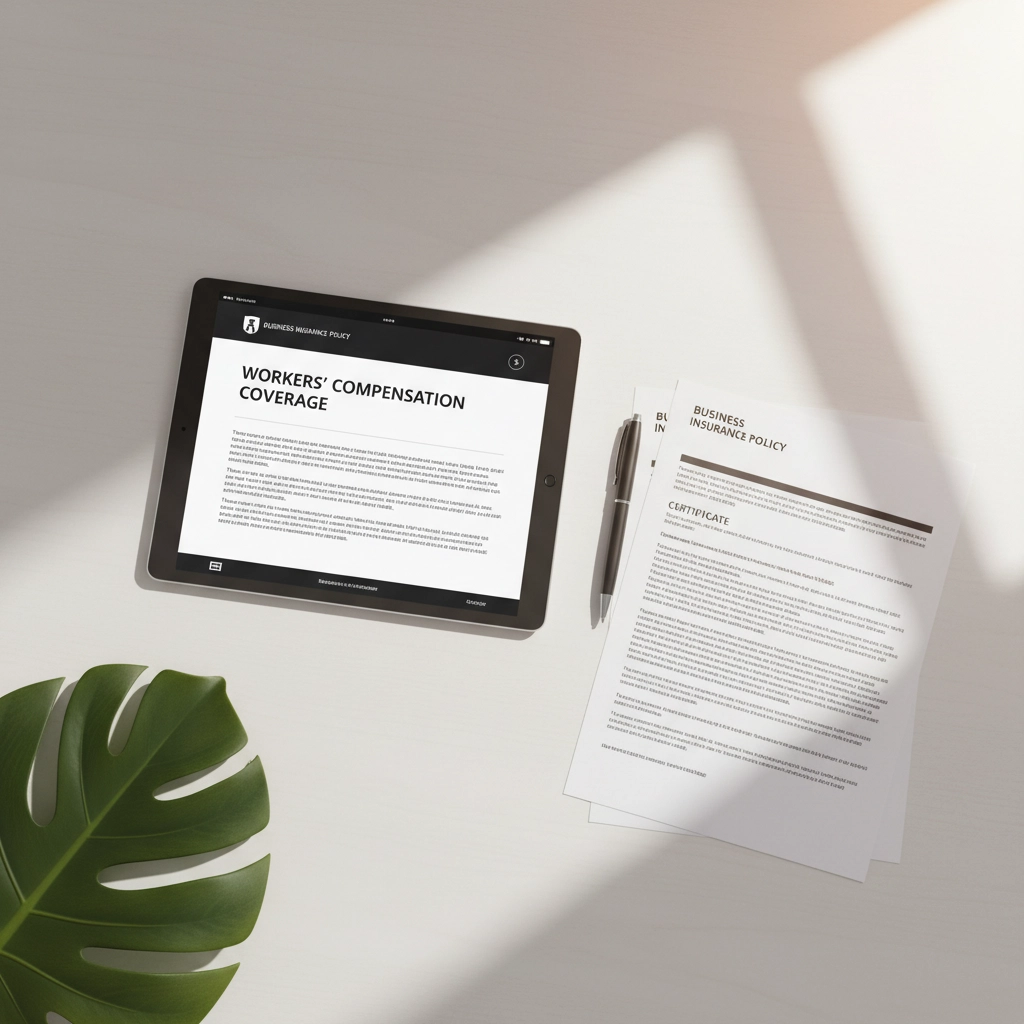
Your Compliance Checklist
To stay compliant with Hawaii's workers' comp law, make sure you:
• Get coverage before your first employee starts work
• Post required notices
in visible areas where employees can see them
• Keep your policy current: don't let coverage lapse
• Report injuries promptly
to your insurance carrier
• Maintain proper records
of workplace injuries
• Cooperate with investigations
if claims arise
The state requires you to display information about workers' comp coverage and how employees can file claims. Your insurance company should provide these notices, but it's your job to post them prominently.
What Happens If You Don't Have Coverage?
Hawaii takes workers' comp violations seriously. If you're caught without required coverage, you'll face:
• Minimum fine of $500
• $100 per employee per day
that you were without coverage
Let's say you have five employees and go without coverage for a month. That's $100 × 5 employees × 30 days = $15,000 in fines, plus the base $500 penalty. These fines add up fast.
But the financial penalties are just the beginning. Without workers' comp coverage, you lose your protection from employee lawsuits. An injured worker could sue you directly for medical bills, lost wages, pain and suffering, and more. Those costs could easily reach hundreds of thousands of dollars.
Common Mistakes to Avoid
Thinking You Don't Need Coverage Because You're Small
Size doesn't matter in Hawaii. One employee means you need coverage, period.
Assuming Independent Contractors Are Covered
True independent contractors aren't your employees, so they're not covered under your policy. But be careful: Hawaii has strict rules about who qualifies as an independent contractor versus an employee.
Letting Your Policy Lapse
Even a single day without coverage can result in fines. Set up automatic payments or calendar reminders to ensure your premiums get paid on time.
Not Reporting Injuries Quickly
Most insurance policies require prompt reporting of workplace injuries. Even if an injury seems minor, report it to your carrier right away.
Tips for Managing Your Workers' Comp Costs
Focus on Safety
The best way to keep costs down is to prevent injuries. Provide proper training, maintain equipment, and address hazards quickly.
Report Claims Promptly
Quick reporting helps injured employees get care faster and often leads to better outcomes and lower costs.
Stay Involved in Claims
Work with your insurance company and injured employees to facilitate safe, timely returns to work when appropriate.
Review Your Classification Codes
Make sure your business is properly classified with your insurance company. Different types of work carry different risk levels and premium rates.
Questions About Specific Situations?
Every business is different, and sometimes the rules aren't perfectly clear. Maybe you have employees who work remotely sometimes, or you hire workers through a staffing agency. These situations can create questions about coverage requirements.
When in doubt, check with your insurance agent or legal counsel. It's better to ask questions upfront than to discover you have a coverage gap after an injury occurs.
Workers' compensation might seem like another expensive requirement for your business, but it's actually protection for everyone involved. Your employees get security knowing they'll be taken care of if they're hurt at work, and you get peace of mind knowing you're protected from potentially devastating lawsuits.
The key is getting proper coverage from the start and maintaining it consistently. With the right approach, workers' comp becomes just another part of running a responsible business in Hawaii.
For help with your business insurance needs, including workers' compensation coverage, contact us at Adams & Associates. We'll make sure you have the protection you need to focus on what you do best( running your business.)




